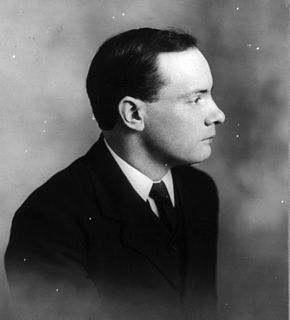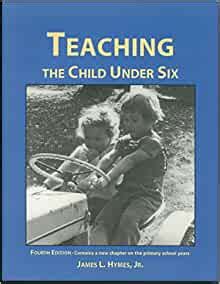A Quote by Lyndon B. Johnson
Education is not a problem. Education is an opportunity.
Quote Topics
Related Quotes
It is precisely because education is the road to equality and citizenship, that it has been made more elusive for Negroes than many other rights. The walling off of Negroes from equal education is part of the historical design to submerge him in second class status. Therefore, as Negroes have struggled to be free they have had to fight for the opportunity for a decent education.
The best way to deal with AIDS is through education. So we need a really widespread AIDS education program. In fact, what we need in Burma is education of all kinds - political, economic, and medical. AIDS education would be just part of a whole program for education, which is so badly needed in our country.
My formal education as an extension to my college degree in journalism was the time that I spent working with the student newspaper. I would argue that my greatest education occurred by working for the student newspaper. It wasn't necessarily the classroom work that made my formal education special. It was the idea that I had the opportunity to practice it before I went into the real world.
In Burma, we need to improve education in the country - not only primary education, but secondary and tertiary education. Our education system is very very bad. But, of course, if you look at primary education, we have to think in terms of early childhood development that's going back to before the child is born - making sure the mother is well nourished and the child is properly nurtured.

































